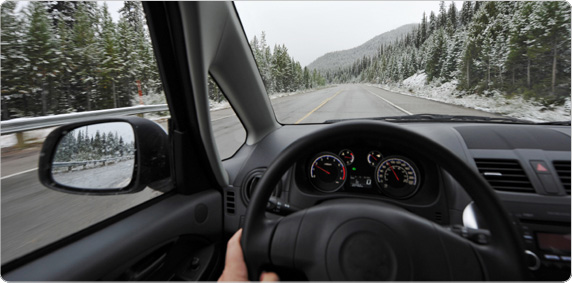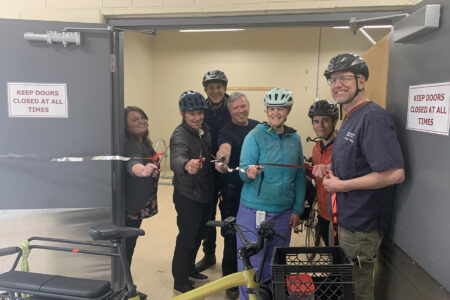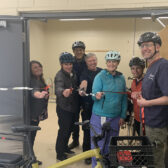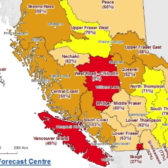Police warn southern interior drivers of challenging road conditions
As the temperature drops and conditions get darker, ICBC and police are warning drivers to be prepared for the challenges of driving in the fall and winter in the Southern Interior and adjust their driving to the road conditions they encounter.
Every October, there is an average of 26 crashes resulting in injuries or death due to driving too fast for the conditions in the Southern Interior.
That number more than triples to 97 in December as driving conditions worsen.
“When you’re driving in wet, icy or snowy weather, slow down and increase your following distance so you have time to react to the unexpected,” said Todd Stone, Minister of Transportation and Infrastructure.
“Always check drivebc.ca before heading out so you’re prepared for the road conditions ahead.”
Police and Speed Watch volunteers in the Southern Interior are looking for drivers travelling at unsafe speeds now and throughout November. In poor conditions, slow down, increase your following distance and give yourself plenty of time to get to your destination.
“Speeding is the leading cause of fatal car crashes in B.C.,” said Chief Officer Neil Dubord, Chair of the B.C. Association of Chiefs of Police Traffic Safety Committee.
“Seven out of ten speed-related crashes are related to driving too fast for the road conditions. That’s why police are out across B.C. looking for drivers travelling too fast for the conditions.”
Tips:
-
Consider using your headlights whenever weather is poor and visibility is reduced – not only at night – to help you see ahead and be seen by other drivers.
-
Ice and snow can hit unexpectedly. Early in the season, make sure your tires are rated for the conditions you may be driving in and check your tire pressure regularly – pressure drops in cold weather and overinflated tires can reduce gripping.
-
When severe winter conditions arrive, consider alternatives to help you get to work safely – take transit if possible, work from home or adjust your hours of work to avoid rush hour traffic. If you will be driving, visit drivebc.ca to check road conditions for your entire route and for possible road closures.
-
In extreme temperatures, keep your gas tank at least half-full to prevent freezing, top up your windshield wiper fluid and pack an emergency kit in your vehicle in case you get stranded or stuck. Clear off any snow that has accumulated on your vehicle so that it doesn’t fall off while driving.

























